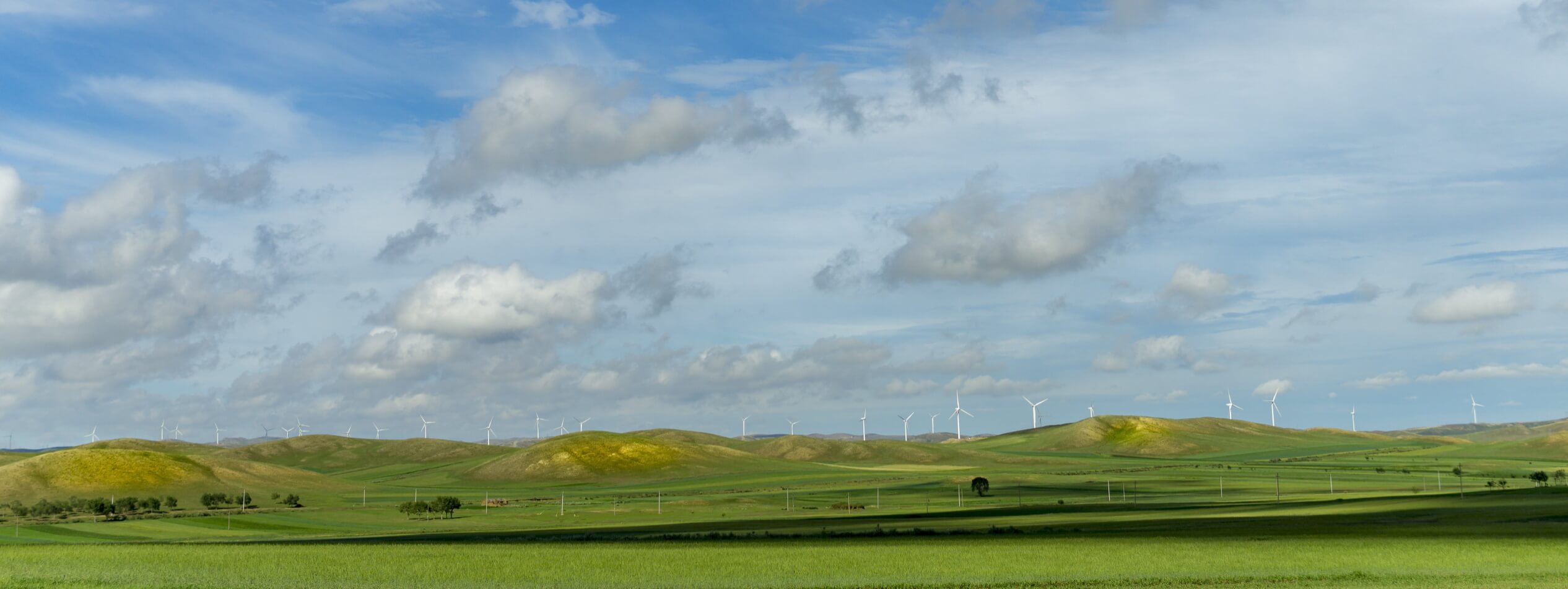I think if you asked most people the question: “Is agriculture a renewable industry?”, their immediate response would be: “of course it is”. I was reading an article1 by Dwayne Beck, who runs Dakota Lakes Research Farm, and he raised this question of agriculture being renewable or extractive.
Extractive agriculture is an obvious problem. It is the main reason farming has a bad reputation as environmentally degrading.
Extractive agriculture
If you look at the conventional way farming is done across the world, and if we are completely honest with ourselves, it is a largely extractive process. For example, conventional agriculture uses a large amount of fossil fuels, and products of fossil fuels. Some examples are:
- Diesel is used to operate large machinery that tills, fertilises, sprays, harvests, and many more activities.
- Fertilisers are used as the main source of nutrients for crop growth. The most abundantly used fertiliser is nitrogen. Creating and transporting chemical nitrogen fertiliser to farms is an energy intensive process – a process that requires fossil fuels throughout.
- Irrigation requires electricity, which is still largely produced from fossil fuels (especially in South Africa).
Conventional agriculture is extractive from a soil perspective. There is huge evidence of soil degradation from conventional agriculture all over the world. Agriculture often extracts fresh, clean water and returns polluted water to freshwater systems.
Conventional agriculture has caused loss of biodiversity. It takes advantage of what natural ecosystems have built up over many years, to gain short-term production, and then moves on. An example of this is the clearing of forests for cropping. Once the land is depleted, a new area is cleared.
Extractive agriculture is an obvious problem. It is the main reason farming has a bad reputation as environmentally degrading. There is an alternative though. Agriculture has not always been a destructive, extractive process. In fact, it is only a recent phenomenon, and there are still many parts of the world where agriculture is a renewable source of produce.
Renewable agriculture
A more common term for renewable agriculture is regenerative agriculture. Gabe Brown defines regenerative agriculture as: “a renewal of food and farming systems which aims to regenerate topsoil, increase biodiversity, improve the carbon, mineral and water cycles while increasing farm, ranch and community profitability while ensuring an enjoyable quality of life.”2
This sounds like the kind of agriculture we should be aiming for. Each farmer will need to figure out what this looks like for themselves, but there are two broad steps:
- Figure out what current practices are destructive and find a way to adapt them to non-destructive practices, e.g. changing from conventional tillage to conservation tillage, and minimising the use of agro-chemicals.
- Figure out ways to begin regenerating/renewing farm systems, e.g. planting multispecies, integrating livestock, planting cover crops, and adaptive grazing management.
Commit to the process
On every farm I have been to, the farmer and I have been able to identify multiple opportunities from these two steps. They have been practical, viable options for each farmer in their own context. Shifting a farm to regenerative, sustainable practices is not straightforward, nor does it happen overnight. It is about committing to change, and then implementing practices that consistently contribute to the goal of regeneration of the farm system.
Sources
- Dwayne L. Beck. Managing Agricultural Ecosystems. Dakota Lakes Research Farm, South Dakota State University.
- Gabe Brown. 2019. Time for change: The compelling case for regenerative agriculture. Understanding Ag, LLC. (Accessed 17 April 2020).
- A carbon footprint assessment for pasture-based dairy farming systems in South Africa - 2024-02-07
- What progress have farms participating with Trace & Save made over the past 10 years? - 2023-09-06
- Carbon footprint reduction over time: Lessons from pasture-based dairy farms in South Africa - 2023-09-04

